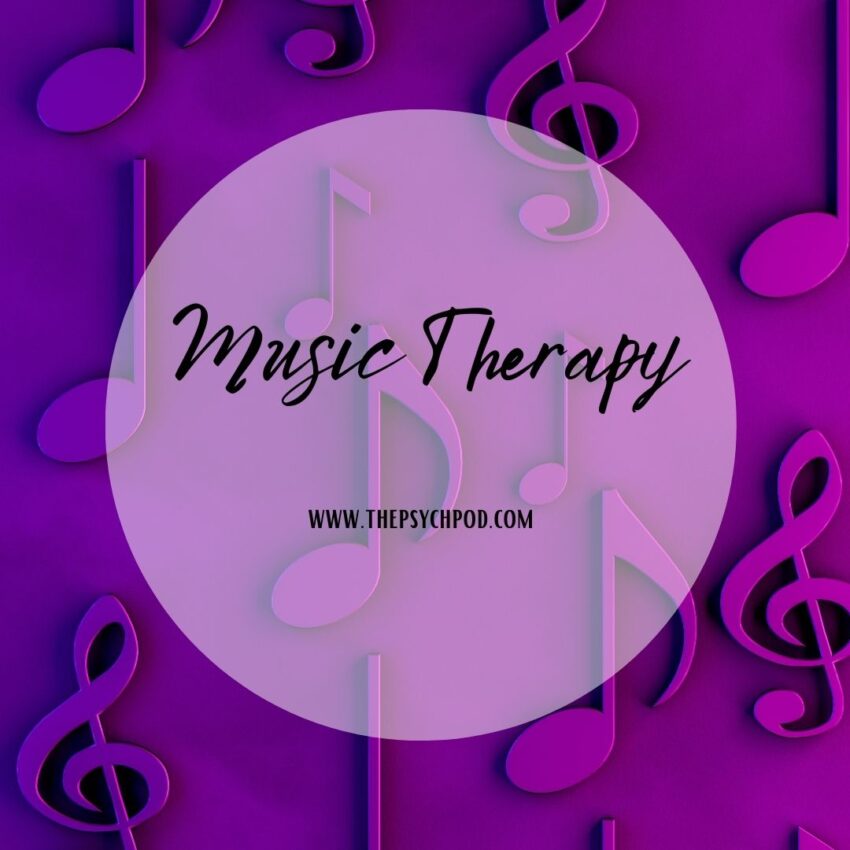Music therapy is a holistic approach that utilizes the universal language of music to address physical, emotional, cognitive, and social needs. It’s a profound form of healing that offers a multitude of benefits. Here are some of the ways in which music therapy can positively impact our lives:
1. Emotional Expression and Regulation: Music has a unique ability to evoke and convey emotions. Through playing instruments or singing, individuals can express feelings that may be difficult to put into words. It provides a safe space for emotional release and helps in regulating mood.
2. Stress Reduction and Relaxation: Listening to calming music has been scientifically proven to reduce stress levels. It can lower heart rate, blood pressure, and promote a sense of calmness and relaxation.
3. Enhanced Cognitive Function: Engaging with music stimulates various areas of the brain, improving cognitive functions such as memory, attention, and problem-solving skills. This is particularly beneficial for individuals with cognitive impairments.
4. Physical Rehabilitation and Coordination: Playing instruments or engaging in rhythmic activities can aid in physical rehabilitation. It promotes motor skills, coordination, and muscle strength, making it a valuable tool in physical therapy.
5. Communication and Social Skills: Music is a powerful medium for communication, especially for those who may have difficulty expressing themselves verbally. It encourages social interaction, fosters a sense of community, and helps build connections between individuals.
6. Empowerment and Confidence Building: Mastering a musical skill or performing a piece can be incredibly empowering. It boosts self-esteem and confidence, providing a sense of achievement and pride.
7. Pain Management and Distraction: Music therapy can be an effective tool in managing pain. It serves as a distraction from discomfort and can alter the perception of pain, making it a valuable addition to pain management strategies.
8. Therapeutic Tool for Mental Health: Music therapy has shown significant benefits in treating mental health conditions such as depression, anxiety, and trauma. It provides an outlet for processing emotions and can be an integral part of a comprehensive treatment plan.
9. Enhanced Quality of Life for Elderly and Dementia Patients: For elderly individuals and those with dementia, music therapy can evoke memories, reduce agitation, and improve overall quality of life.
10. Navigating Life Transitions: Music therapy is a powerful tool for individuals navigating life transitions such as divorce, break-ups, grief, or moving. It provides a supportive outlet for processing complex emotions and finding solace during challenging times.
11. Creative Self-Expression and Joy: Engaging with music allows individuals to tap into their creative side and experience the joy of making music. It’s a fulfilling and enriching experience that brings immense pleasure.
Remember, the beauty of music therapy lies in its inclusivity. You don’t need to be a musician to benefit from it. Whether you’re listening, singing, or playing an instrument, you can experience the incredible healing power of music!
Have you ever explored music therapy?
